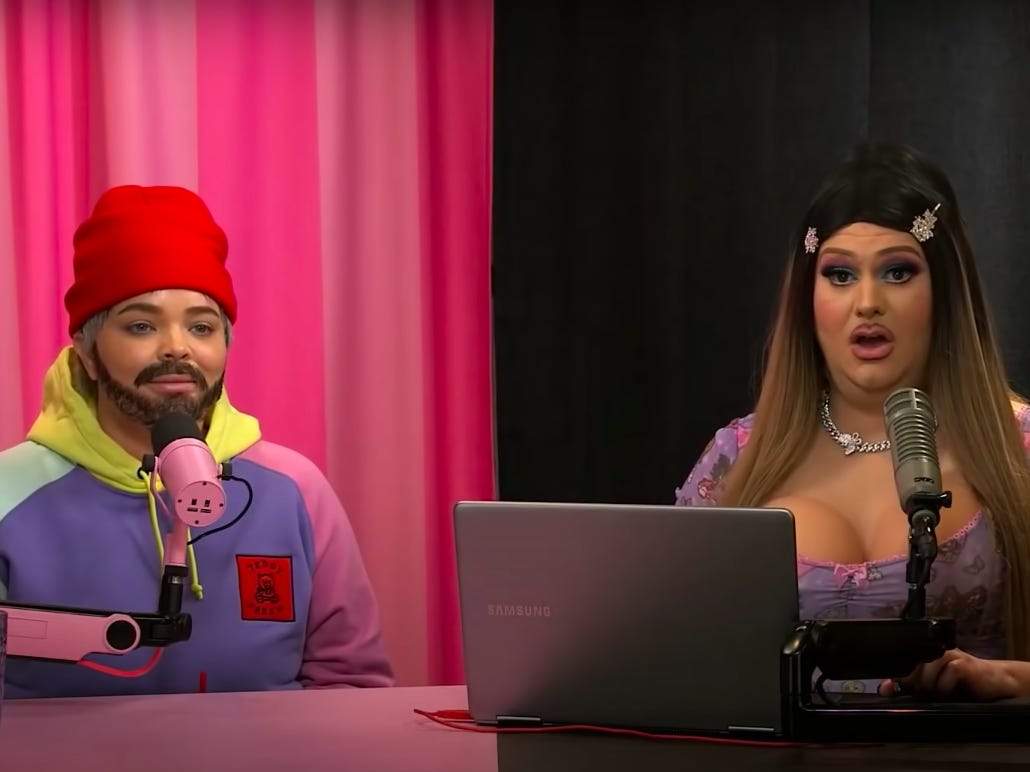
When we think about fans and the fandoms of famous television shows, celebrities and movies, what’s the first thing that comes to mind?
The obsession. It’s perceived as almost unnatural, awkward, and poses anxieties for individuals who are unable to distinguish between reality and fan-fiction. The stereotypes and associated imagery of fandoms will always remain ‘something to fear’. Most of them are of a negative stigmata. But, in contrast to my second assignment, there’s more room to discuss the positives of Tik-Tok’s Fandom rather than the negatives, and how the fandom has reinvented Tik-Tok’s success as a new social media platform. (Booth, Paul, De Kosnik’s ‘Female and Queer Archival Cultures’, 2017) “…community archives—particularly queer archives—do, because they are ‘safe spaces’ for nonhetero-normative practices … that are not documented anywhere else.”

:format(jpeg)/cdn.vox-cdn.com/assets/1869497/thehobbit_1020.jpg)
Fandom’s play a vital role when considering them as an alternative to their negative counterparts. They can provide a social community, where people can articulate, voice and analyze specific concerns, fascinations and opinions. It completely goes against the past preconception of the audience being passive and unresponsive; rather, the fandom is active and eager to participate in community driven events and discussions. (Alan Ono K. 2017) “Nevertheless, the book humanizes, for example, through stories of people encountering fanfic for the first time and massively consuming, sometimes a–z, the archives that exist.” ‘Rogue Archives: Digital Cultural Memory and Media Fandom’ discusses the extent to which fandom is eager and participative, operating in current media texts and major news in the global sphere “…resistant, independent, and vernacular culture…”.

Here, and in relation to Tik-Tok specifically, we begin to see fandoms taking control, or having power, over the media that is produced. They have specific desires for the outcomes within the media that they consume, and this can often clash between the business orientated notions of media as well. Popular content creators, such as Ethan Klein, Trisha Paytas and James Charles, are all supported by an intense fanbase, that continues to participate in conversation, and push for success. An investigation/report by J. Patrick Williams discusses the extent to which fandom praise and intensity for Korean based ‘Kpop’ stars can advertise media interests. (Williams J. 2014) “Transnational cultural flows have allowed Korean pop culture to achieve multilayered and multidirectional mobility beyond national and institutional boundaries…”. Tik-Tok has had this exact same effect, especially when considering music, and the capabilities of artists who produce content.
When we consider our famous trio on Tik-Tok (a topic I can’t seem to escape), who have been notoriously attributed with each other for their pod-cast chats and controversial conversations, we can notice their fanbase continuously reflect upon the development of character and position on the app. The intensity of support flows throughout the whole platform, and easily acts as a supporting factor for advertisement of the app, rather than negativities.
(Williams J. 2014) “The ‘intensity’ of such fans goes beyond loyalty.”
Leave a comment